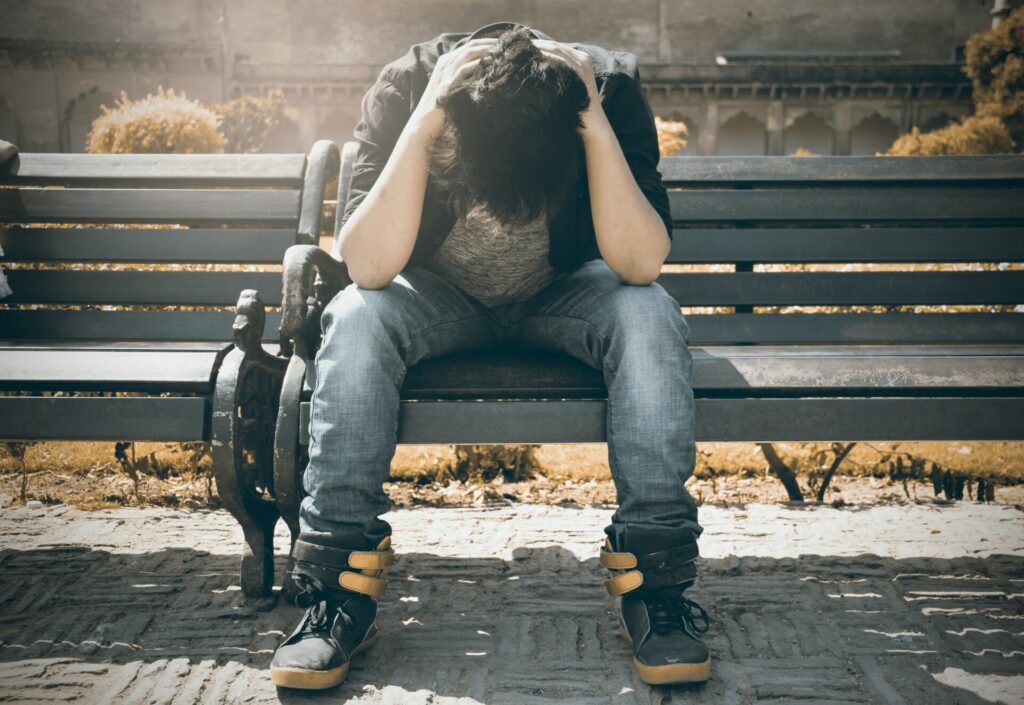A new survey has revealed harrowing new details about the severe mental health crisis currently afflicting Belgium's youth.
According to a study conducted by Sciensano Public Health Institute and reported on by Le Soir, roughly one in three (29%) Belgians under the age of 30 are depressed — almost double the average rate for Belgium as a whole (17%).
The survey also found that those living alone are significantly more susceptible to depression than those living a partner (27% vs 12%), and that people with a high school diploma (19%) are more likely to be depressed than those with higher levels of education (12%).
Unemployment, too, was found to be a significant factor: 34% of jobless Belgians are depressed, compared to 15% of those with a job. Belgians suffering from disabilities were also found to be particularly prone to depression (36%).
Anxiety: A similar story
In addition, the Sciensano study examined Belgians' self-reported levels of anxiety: a mood disorder closely related to, but nevertheless distinct from, depression.
The results told an almost identical story: 30% of Belgians under the age of thirty currently suffer from anxiety, compared to 19% for Belgium as a whole. Moreover, the unemployed (33%), the disabled (40%), and those living alone (29%) were found to be most at risk.
Of the major concerns mentioned by people in the survey, the most frequently cited were high energy prices (70%) and the war in Ukraine (56%), followed by food prices and the climate crisis (39% each). Young Belgians were found to be especially worried about climate change, their own financial situation, and the potential loss of their job (or the difficulty of finding a new one).
The latest figures mean that the proportion of Belgians suffering from depression and anxiety has almost doubled over the past few years: in 2018, only 9% of Belgians experienced depression while 11% suffered from anxiety, compared to 17% and 19% respectively today.
Lack of resilience
One especially worrying data point noted by the study was the extent to which Belgians — and, especially, young Belgians —reported weak mental resilience: described by Professor of Psychology Olivier Luminet at UCLouvain as "the ability to bounce back after difficult periods".
In particular, the study found that more than one in three (35%) Belgians reported low resilience, and that this figure rises to 58% of Belgians under the age of 30.
Related News
- Emotional detox: Four principles to deal with the build-up of negativity
- Fathers who take paternity leave less prone to postpartum depression
"These results show once again the importance of monitoring the well-being of the population, but also of putting in place adapted policies, especially aimed at young people," Luminet explained. "During the Covid-19 crisis, the establishment of general youth councils was mentioned. Where is this project at? This really is an urgent issue."

